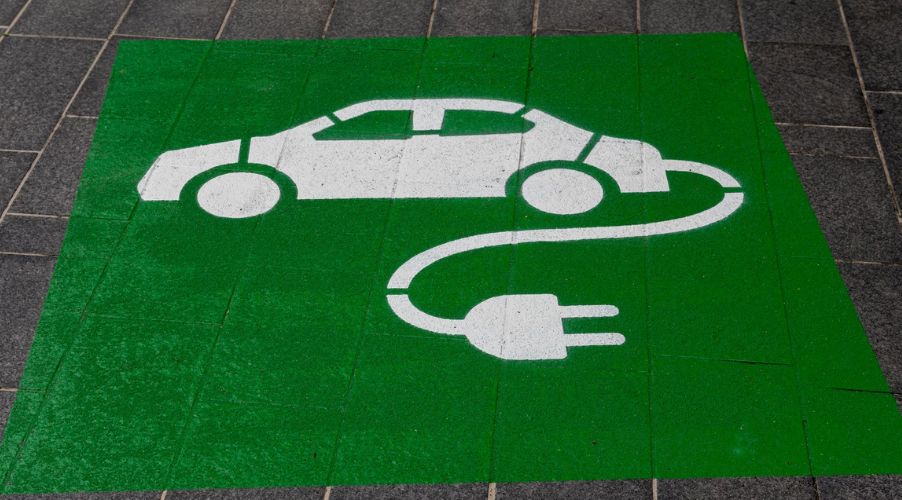NEWS
FSR launches a Global Regulatory Hub and a new report on Electric Vehicles

FSR Global
News
Mar 09, 2020
A Global Regulatory Hub for the Energy Transition
Today, on November 5, 2019, the Florence School of Regulation’s FSR Global team is continuing the transcontinental launch of its Global Regulatory Hub at an inaugural event at The Claridges Hotel, New Delhi, India .
Building on the FSR’s legacy in Europe, FSR Global facilitates the development and delivery of effective energy policy and regulation in Asia, Latin America, and Africa. The new global regulatory hub will aim to create an independent platform to foster collaboration and engagement with stakeholders around the world to co-create knowledge that is accessible and actionable.
Learn more about our global journey and the road to the launch of the Global Regulatory Hub of the FSR.
Charging up India’s electric vehicles
To kick off its global journey, FSR Global has published a new report “Charging up India’s electric vehicles: infrastructure deployment and power system integration.”
The report provides a vision for the future of electric vehicles (EV) charging infrastructure deployment and power system integration via a toolbox consisting of solution choices and recommendations for addressing two major challenges:
- The first challenge is ensuring effective policy and regulatory frameworks, and EV charging business models for the deployment of the charging infrastructure required to serve the needs of the ever-growing number of EVs.
- The second challenge is the integration of the EVs as load into the power system and unlocking the flexibility potential of Vehicle to X (V2X) services, securely and efficiently. Highlights on EV report:
- India’s ambitious electric mobility targets are highly dependent on the availability of robust charging infrastructure and readiness of the power system to integrate the additional flexible EV load.
- Indian policymakers at state and national level are proactively pursuing actions for developing EV charging infrastructure (EV service providers) on supply-side and EV users’ (demand side). Further enhancements for supply-side can come from the role of distribution companies (DISCOMs), tariff design, incentives, permitting processes and data privacy, and on the demand side from payment methods, minimum facilities, charging station user registration and consumer complaints.
- EV charging business in India is at its early stage, and it has a large scope for business model innovation. As EV penetration increases and market grows, innovations can be expected in the areas of service provision, partnership and pricing.
- EV load can increase peak demand and distribution grid congestion. Solutions are emerging to avoid more investment in generation and network capacity such as time-varying tariff and flexibility measures taken by the DISCOM to deal with these issues.
- V2X (a form of technology that allows vehicles to communicate with moving parts of the traffic system around them) is still in an early stage but would become relevant as the market matures.
- The search for the most appropriate solutions would benefit from regulatory sandboxes both at the national and state level.
For a quick overview read the policy brief
Interested in this topic?
Register for our Online Event:
FSR Online Talk on Charging up India’s Electric Vehicles
28 November 2019 @ 11:00 am – 11:45 pm CET
